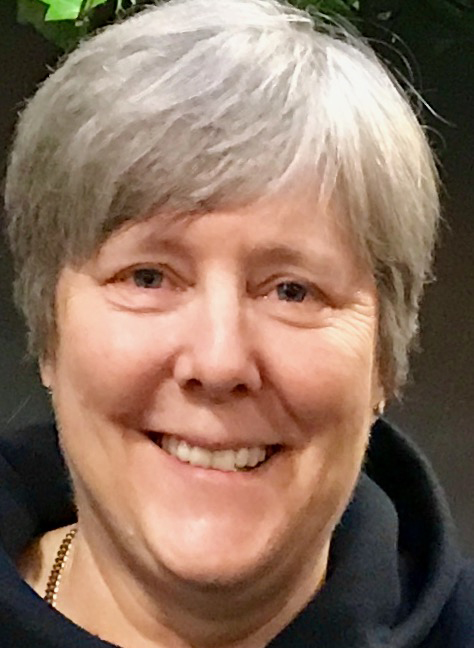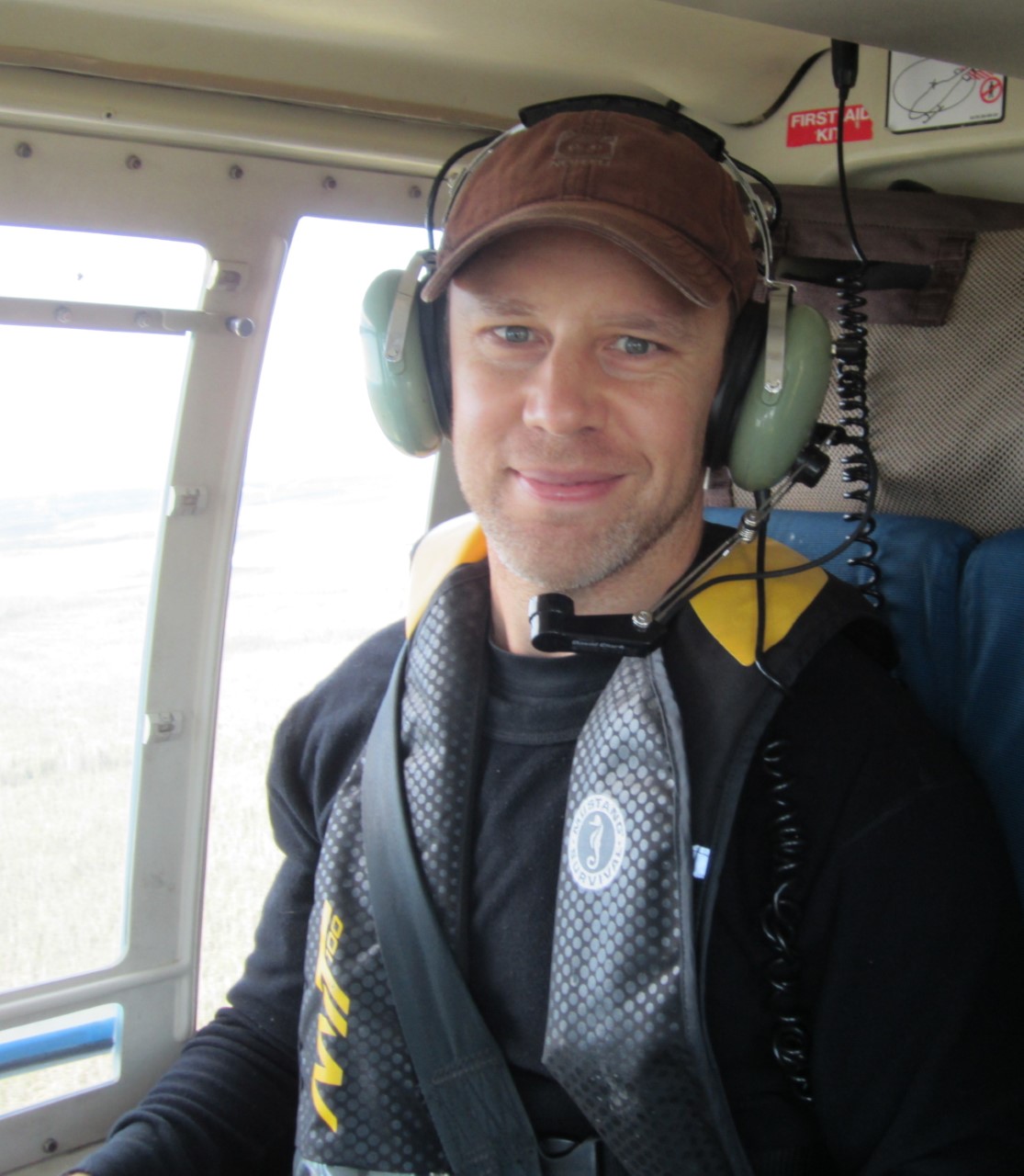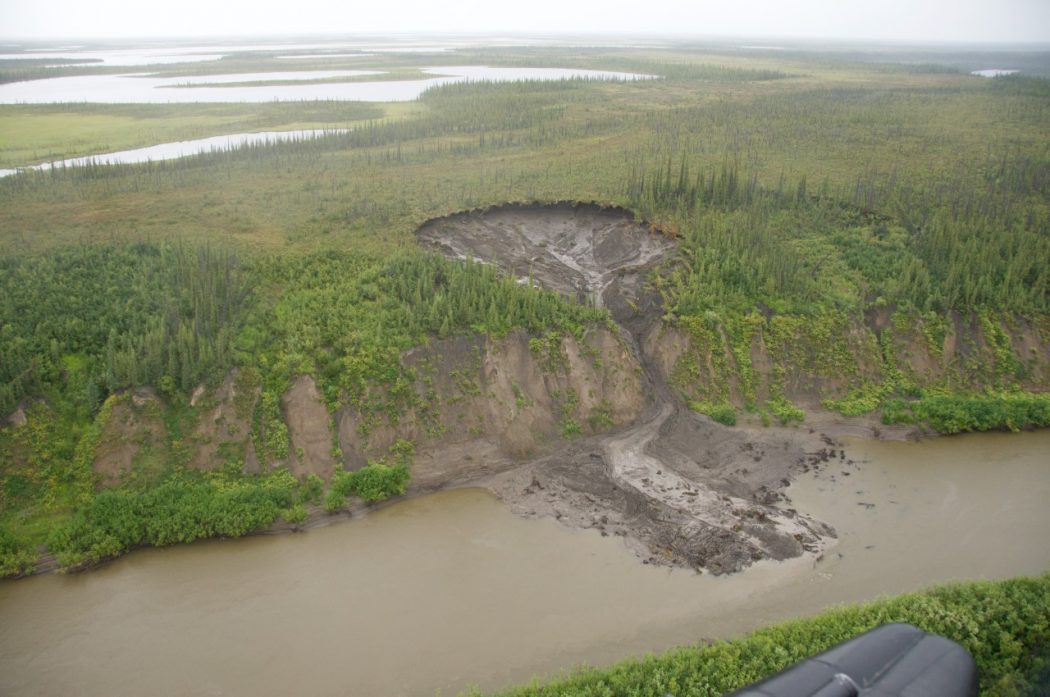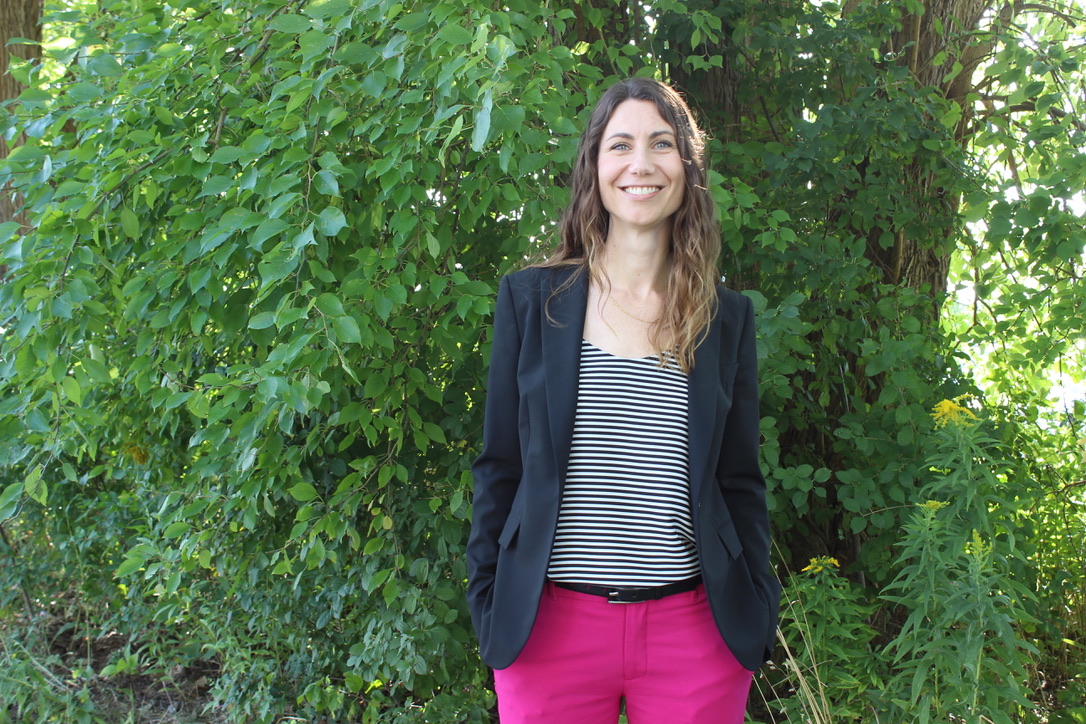The Department of Geography and Tourism Studies is pleased to congratulate Geography MA alumna, Katelyn Pierce (’20), who was recently awarded the 2020 Faculty of Social Sciences Best Graduate MA Thesis Award for her thesis titled “Detached from Our Bodies: Representing Women‘s Mental Health and Well-being with Graphic Memoirs.” Congratulations also to Katelyn’s MA supervisor, Dr. Ebru Ustandag.
Articles tagged with: research
-
New book examines human rights issues in tourism
After almost a year of travel restrictions and stay-at-home mandates, many Canadians are looking toward a future when they might visit distant locales once again.
Atsuko Hashimoto, Associate Professor in Brock’s Department of Geography and Tourism Studies, hopes that before hopping on a plane, people might first consider how travel may impinge on the rights of others.
To help readers understand the implications of tourism across a range of topics related to human rights, Hashimoto published Human Rights Issues in Tourismat the end of December, following a historical year for both the tourism industry and human rights worldwide.
“When we started writing this book, no one could have foreseen all the changes that 2020 brought,” says Hashimoto. “We have seen many pro-democracy demonstrations and the rise of rights activism around the world, the number of asylum seekers increasing exponentially and a global pandemic that has, for the most part, stopped non-essential travel, or ‘taking a holiday,’ resulting in many people’s rights to work being severely compromised.”

Human Rights Issues in Tourism is part of Routledge’s Tourism, Environment and Development Series.
Co-authored with colleagues Elif Härkönen of Linkoping University in Sweden and Brock Political Science alumnus Edward Nkyi (MA ’11), the book covers a background of human rights issues related to tourism, from sustainable development goals to politics, before taking deeper dives into specific issues such as human security, displacement, discrimination, privacy, free movement, labour conditions, sex tourism, the environment and Indigenous rights.
“I like the idea that tourism is a window to what is happening in society,” says Hashimoto. “Readers may be surprised to realize how our own behaviours are, without us noticing, hurting other people.”
Hashimoto, whose research has long focused on the empowerment of women in rural communities and other disadvantaged groups, says it’s important to acknowledge the part tourists may play in the relationships that exist between globalization, tourism and human rights.
“Can you imagine as an international tourist that the resort hotel you are staying in used to be a local fishing village?” she says. “The villagers were removed from the area so that the hotel could be built and local access to the beach is now denied. Almost everything in the resort hotel is imported from other countries, so local suppliers benefit very little — even the traditional Indigenous souvenirs sold in the hotel have been mass produced in another country and imported.”
Hashimoto encourages potential tourists to think of any trip they plan as a visit to someone else’s home, determining if and how their visit will benefit local people and how their mode of transportation may contribute to climate change, another serious human rights issue examined in the book.
“You are taking a vacation for relaxation and fun, but your enjoyment should not be a burden to others,” Hashimoto says.
STORY FROM THE BROCK NEWS
Atsuko Hashimoto, book, Faculty, human rights, research, tourism, Tourism and Environment
Categories: News -
David Brown presents his new collaborative research project with Niagara Falls Museum and Library

Dr. Dave Brown (top left) joined researchers across Brock University’s Faculty of Social Sciences for a virtual symposium.
Dr. Dave Brown joined researchers across Brock University’s Faculty of Social Sciences on February 4th, 2021 for a virtual symposium where he shared about his research project, “Collaborative research proposal with Niagara Falls Museum and Library: Geolocation and Interpretation of Digital Historical and Heritage Assets in Niagara”. This project was one of many funded by the Special COVID-19-Related Dean’s Discretionary Fund.
In spring, 2020, as the disruptive potential of the pandemic became clear, the Dean’s Office sought to support ongoing and innovative initiatives by members of the Faculty of Social Sciences. As activities across FOSS were reimagined and realigned to comply with the new COVID-19 context, the Special COVID-19-Related Dean’s Discretionary Fund was created. The online symposium showcased and discussed several of the projects that were supported through this fund, including Dr. Brown’s research.
David Brown, Faculty of Social Sciences, FOSS, funding, heritage, library, museum, Niagara Falls, research, tourism
Categories: News -
New book chapter explores the historical micro-geography of liberal urbanism in Toronto’s Brunswick Avenue neighbourhood
 Dr. Phillip Mackintosh has published a new chapter in the book Micro-Geographies of the City, 1750-1900 titled “Liberalism underfoot: A micro-geography of street paving and social dissolution – Brunswick Avenue, Toronto, Ontario, 1898–99”.
Dr. Phillip Mackintosh has published a new chapter in the book Micro-Geographies of the City, 1750-1900 titled “Liberalism underfoot: A micro-geography of street paving and social dissolution – Brunswick Avenue, Toronto, Ontario, 1898–99”.This chapter defines liberal urbanism in the context of Toronto’s paving problem and the universally unpopular local improvements by-law, devised to rehabilitate and ultimately capitalise the modern city. It focuses on the particular case of Brunswick Avenue and how Brunswickers’ perturbations of choice dismantled community good will. The four blocks of Brunswick Avenue between College and Bloor underwent two phases of pavement installation from 1880 to 1900. The first stretch, from College to Ulster, laid a cedar block roadway in 1882, which had an expiry date of 1892. Property owners tolerated their spent cedar roadway for four years and then purchased an asphalt surface in 1896, built by contractor David Chalmers in October 1896. Curiously given the snooty reputation of the homeowners in that section of Brunswick the same neighbourhood wanted only a plank sidewalk on the west side of their new asphalt pavement despite the city engineer recommending brick.
Read the chapter and full book here.
Citation:
Phillip Gordon Mackintosh (2021) Liberalism Underfoot: Paving and Social Paradox—Brunswick Avenue, Toronto, Ontario, 1898. In Alida Clemente, Jon Stobbart & Dag Lindstrom eds, Micro-Geographies of the City, 1750-1900. Research in Historical Geography Series, London: Routledge.
book, book chapter, geography, historical geography, Human Geography, Phillip Mackintosh, research, Toronto
Categories: News -
New research uses leading-edge methods to track a retrogressive thaw slump in Old Crow Flats, Yukon

A new paper authored by Geography and Tourism Studies Associate Professor, Dr. Kevin Turner, and Geography alumni Michelle Pearce and Daniel Hughes titled “Detailed Characterization and Monitoring of a Retrogressive Thaw Slump from Remotely Piloted Aircraft Systems and Identifying Associated Influence on Carbon and Nitrogen Export” has been published in Remote Sensing. This paper is open-access and available to download here.
Abstract:
Ice-rich permafrost landscapes are sensitive to ongoing changes in climate. Permafrost retrogressive thaw slumps (RTSs) represent one of the more abrupt and prolonged disturbances, which occur along Arctic river and lake shorelines. These features impact local travel and infrastructure, and there are many questions regarding associated impacts on biogeochemical cycling. Predicting the duration and magnitude of impacts requires that we enhance our knowledge of RTS geomorphological drivers and rates of change. Here we demonstrate the utility of remotely piloted aircraft systems (RPAS) for documenting the volumetric change, associated drivers and potential impacts of the largest active RTS along the Old Crow River in Old Crow Flats, Yukon, Canada. RPAS surveys revealed that 29,174 m3 of sediment was exported during the initial evacuation in June 2016 and an additional 18,845 m3 continued to be exported until June 2019. More sediment export occurred during the warmer 2017 summer that experienced less cumulative rainfall than summer 2018. However, several rain events during 2017 were of higher intensity than during 2018. Overall mean soil organic carbon (SOC) and total nitrogen (TN) within sampled thaw slump sediment was 1.36% and 0.11%, respectively. A combination of multispectral, thermal and irradiance (derived from the RPAS digital surface model) data provided detailed classification of thaw slump floor terrain types including raised dry clay lobes, shaded and relatively stable, and low-lying evacuation-prone sediments. Notably, the path of evacuation-prone sediments extended to a series of ice wedges in the northern headwall, where total irradiance was highest. Using thaw slump floor mean SOC and TN values in conjunction with sediment bulk density and thaw slump fill volume, we estimated that 713 t SOC and 58 t TN were exported to the Old Crow River during the three-year study. Findings showcase the utility of high-resolution RPAS datasets for refining our knowledge of thaw slump geomorphology and associated impacts.Citation:
Turner K.W., Pearce M.D., and Hughes D.D. (2021). Detailed Characterization and Monitoring of a Retrogressive Thaw Slump from Remotely Piloted Aircraft Systems and Identifying Associated Influence on Carbon and Nitrogen Export. Remote Sensing, 13(2):171. https://doi.org/10.3390/rs13020171alumni, journal article, Kevin Turner, northern Canada, remote sensing, research, Yukon
Categories: News -
New book chapter examines the changing ecology of the Arctic from a paleoenvironmental perspective

Dr. Michael Pisaric has published a new chapter in the book Arctic Ecology titled “Arctic Ecology – A Paleoenvironmental Perspective”.
In the absence of measured climate and ecological data records, paleoecology, and paleoclimatology provide unique opportunities to examine ecological and climatic conditions across long timescales and provide much needed long‐term context. Across the Arctic there are numerous ecological problems affecting the biota and landscapes of this environmentally sensitive region. Climate change is chief amongst these. This chapter examines the changing ecology of the Arctic from a paleoenvironmental perspective. Using examples from studies throughout the circumpolar Arctic, the changing ecology of the Arctic is examined across longer timescales than typically considered in ecological studies. While instrumental records of climatic change in the Arctic are generally short, dendrochronology can provide key insights into climate variability during the past several centuries to millennia. There are many types of natural archives of ecological and environmental change from marine terrestrial environments in the Arctic.
Citation:
Pisaric, M., & Smol, J.P. (2021). Arctic Ecology – A Paleoenvironmental Perspective. Pages 23-55 in D.N. Thomas (Ed.) Arctic Ecology. Wiley. https://doi.org/10.1002/9781118846582.ch2
book, book chapter, Canada, Michael Pisaric, northern Canada, paleoclimatology, Physical Geography, research
Categories: News -
New book explores transnational pushback against LGBTQ rights
Resistances against LGBTQ rights and equalities in different regions, or ‘heteroactivism,’ is the focus of a new book from recently retired Brock Professor Catherine Jean Nash.
Nash, from Brock’s Department of Geography and Tourism Studies, and co-author Kath Browne of the University College Dublin coined the term for the phenomenon featured in their book, Heteroactivism: Resisting Lesbian, Gay, Bisexual and Trans Rights and Equalities published by Zed Books earlier this fall.
Nash and Browne define heteroactivism as “both an ideology and a set of practices” used by a broad range of groups and organizations who oppose sexual and gender rights by “asserting the supremacy of heterosexual marriage and normative gender roles as the foundations for the best society and the best place for raising children.”
“In order to understand their arguments and why they are framed as they are, one has to understand the social, cultural and political contexts that heteroactivists find themselves in,” says Nash.
Whereas “homophobia” is a term that implies hatred, heteroactivists often sidestep the label by arguing that they are not motivated by hatred or oppression, but rather by apparent attacks on their individual rights, such freedom of religion, freedom of speech or parental rights.

Catherine Jean Nash of the Department of Geography and Tourism Studies is the author of a new book on heteroactivism.
“With LGBTQ rights and equalities in place in Canada, the U.K. and Ireland, these groups have had to revise or reshape their strategies in order to find room to have their ideas and position heard,” says Nash.
Nash and Browne also show in the book that heteroactivism is adapted based on geography. “Heteroactivist ideas ‘travel’ across national and international boundaries and are taken up, but often in specific, local ways,” Nash says.
The book grew out of research first begun in 2012 and supported by two Social Sciences and Humanities Research Council of Canada grants, following many years of progress in laws designed to enshrine the rights of members of the LGBTQ community.
“When this research first started, we were curious about what arguments individuals and groups who opposed LGBTQ rights and equalities could make, given that these rights and equalities are the law of the land, so to speak,” says Nash. “We saw these groups as quite marginal given the law and policy changes and assumed this would be a small project.”
However, as Nash began to take a closer look at groups objecting to LGBTQ legal rights, visibility in the media or gender-inclusive language, the research turned up an unexpected result.
“We began to notice that for many reasons, including the advent of social media, these groups developed increasingly complex international connections,” says Nash, noting that individuals read and commented on each other’s blogs, published newsletters and attended conferences such as the World Congress of Families.
“In many cases, these groups developed similar but specific arguments,” says Nash. “That is, they might have objections to, say, sex education curriculum in both Canada and the U.K. but have distinctive and specific concerns given the different history of these locations because, as we argue, geography matters.”
Nash points to the strategy of the Conservative government of Ontario that debated repealing the 2015 sex education curriculum, arguing that “traditionally minded” minority groups objected to the LGBTQ content and that their views needed to be respected in a multicultural society. By contrast, when some Muslims parents in the U.K. protested the LGBTQ-inclusive sex ed curriculum as well as broader school programs aimed at diversity that included LGBT families, they had to show “that they understood that LGBT rights were U.K. values which they needed to embrace, so they framed their argument as one of ‘parental rights’ to determine what is ‘age appropriate,’” according to Nash.
Even more significantly, Nash says that as a result of these adaptations, “LGBTQ opposition began to move from what had been the margins to the centre of political debates, particularly around trans rights, teaching sex ed, parental rights and freedom of speech.”
This observation illuminated a need for careful study of the complex landscape of heteroactivism.
“The purpose of the book is to set out in some detail the sorts of arguments heteroactivists make by looking at specific battles in Canada, the U.K. and Ireland,” says Nash. “We were primarily concerned when we started that academics in particular were not paying any attention to heteroactivist opposition or in developing counter arguments to heteroactivist claims, though academics in Europe and the U.S. are now increasingly focusing on the various types of resistances that are becoming more prominent.”
Nash and Browne will now continue their research in this area, turning their attention to a multi-year project called “Beyond Opposition” funded by a more than $3-million European Research Council Grant awarded to Browne.
“The project’s goal is to engage with individuals and groups who might be opposed to or are uncomfortable with social and political changes around LGB, Trans or abortion for example,” Nash explains. “These are people who, in their different geographies, might find themselves in difficulty — for example, workplaces may celebrate gay Pride while some individuals themselves don’t support it and yet to voice their opposition might cause them strife in the workplace.”
Nash, who will act as co-researcher on the Canadian component of the project with a post-doctoral fellow, says that although this project is just starting out, “the ultimate goal is to try to work beyond the us/them binary” to better understand how we might accommodate differences.
Anyone interested in the project can complete a questionnaire at beyondopposition.org.
STORY FROM THE BROCK NEWS
book, Catherine Nash, geography, Human Geography, research
Categories: News -
New research looks at how a new water paradigm is defined and used in literature
In a new paper titled “The emerging scientific water paradigm: Precursors, hallmarks, and trajectories“, ESRC/GeoTour prof Dr. Julia Baird and co-authors explore how two interpretations of a new water paradigm are defined and used, and overlap in the literature.
Abstract
Increasing scholarship has focused on a shift in scientific water paradigm in the 21st century from an understanding of water systems as stationary, predictable and command‐and‐control as appropriate governance to an understanding of them as complex, dynamic, and uncertain. This shift has been characterized in several ways. We focused on two prominent characterizations: as a “new water paradigm” and as “water resilience.” We identified the defining hallmarks of each, the “precursor” scholarship upon which these Defining Works build, and how the Defining Works have been advanced with “Subsequent Works” that cite them. We used bibliometric data to analyze the three bodies of literature and inductive coding to identify the hallmarks of the new water paradigm and water resilience from Defining Works. Four categories of hallmarks were identified that describe the emerging scientific water paradigm: complex adaptive systems orientation; governance and management configurations, which are inclusive, integrative, adaptive; governance and management actions that emphasize linkages between social and ecological systems and imperative of sustainability; and, attributes of diversity, redundancy and openness. There was insufficient evidence in fields of research, author country, and publishing journals to confirm that the emerging scientific water paradigm has been conceptualized in two distinct ways. Despite the degree of similarity between the two conceptualizations, the literature is strongly oriented toward one or the other. We suggest consilience between these two conceptualizations and scholars working with them to advance collective understanding of governance and management in light of our current understanding of water systems.
Reference
Baird, J., Plummer, R., Dale, G., Kapeller, B., Mallette, A., Feist, A., and Kataoka A. (2020). The emerging scientific water paradigm: Precursors, hallmarks, and trajectories. WIREs Water. Online: https://doi.org/10.1002/wat2.1489
journal article, Julia Baird, research, water
Categories: News -
Brock researcher awarded Fulbright Canada Research Chair
Kevin Turner, Associate Professor in the Department of Geography and Tourism Studies, has been awarded a Fulbright Canada Research Chair in Arctic Studies at the University of Washington.
Next winter, Turner — who is also cross-appointed to the Department of Earth Sciences, an Associate Member of the Department of Biology and a Co-Founder of the Water and Environment Lab at Brock — is set to spend six months teaching and researching the impacts of climate change on northern landscapes, lakes, rivers and wetlands.
“As land and water adjust to changes in climate, we are presented with many questions of urgent global concern, particularly to northern stakeholders,” says Turner. “Changing landscape components, such as permafrost thaw, will influence global carbon cycles and climate-warming greenhouse gases. This is a far-reaching concern.”

The Fulbright Canada Research Chair in Arctic Studies recognizes Associate Professor Kevin Turner’s ongoing work in mapping Arctic lake and river responses to landscape disturbances caused by the changing climate, as shown in this photo he captured of a landslide due to thawing permafrost.
Turner notes that there are also local concerns, including how landscape disturbance such as fire, landslides and lake drainage can affect water quality, ecology, infrastructure and travel. To address some of these issues, he will use the research component of the Chair position to “take inventory of the landscape changes and identify how they influence the hydrology and chemistry of lakes, rivers and wetlands.”
“The research aims to enhance our knowledge of climate change impacts and feedbacks,” says Turner, who has been conducting fieldwork in northern Yukon for 14 years. “We do this by identifying linkages among landscape changes and lake and river biogeochemistry across the ecologically and culturally important landscapes of the Yukon River Basin.”
The Fulbright Canada Research Chair also involves teaching for the University of Washington’s minor in Arctic Studies. Turner plans to share with students both remote sensing and field-based techniques for collecting landscape data, as well as teaching students how to analyze, synthesize and share their findings with broad audiences.
Turner says he was honoured to be selected for the Fulbright Canada Research Chair.
“There are several colleagues I look up to who have received it in the past,” he says. “I am grateful that I have this opportunity to extend my research program and collaborations across borders.”
Turner is attracted to the University of Washington for several reasons, not the least of which is the chance to work more closely with colleagues whom he has met during his affiliation with the National Aeronautics and Space Administration’s (NASA) Arctic-Boreal Monitoring Experiment.
He also notes that the Henry M. Jackson School of International Studies, where the position will be homed, is a “leader in advancing the understanding of and engagement in world issues.”
“Several researchers and dignitaries from Yukon participate at their various forums, including Dana Tizya-Tramm, Chief of the Vuntut Gwitchin First Nation (VGFN; Old Crow, Yukon), who discussed impacts of climate change on Indigenous communities and their resilience during a meeting of the World Affairs Council,” says Turner. “The priorities of my research program have been guided by the vast knowledge that the VGFN have of their traditional territory and the observations they have made over generations.”
Turner also has personal reasons to be excited about relocating to Seattle for the duration of the position.
“As a past varsity rower, I’m interested in seeing where that 1936 crew came from on their way to gold in Germany,” Turner admits. “I should also mention that I’m a big fan of several musical artists who came from Seattle — top of the list would be Jimi Hendrix.”
However, the ongoing COVID-19 pandemic may interfere with Turner’s plans. The position is set to begin in January 2021, but a few pieces need to fall into place before then.
“We are currently living in a world of virtual-communications and we are unsure of how this will change by the end of the year,” says Turner, adding that international visas were suspended by the U.S. Department of State until the end of 2020. “Fulbright is currently looking into these issues and will provide updates as they learn more. I have hope that things will change for the better as the new year approaches.”
Turner also points out that “climate change will not pause for us, and there is a lot within that realm that we need to learn.”
“Arctic and subarctic regions are undergoing climate warming at a rate twice above the global average, and changes in precipitation patterns occurring — less snow and more rain, for example — are having major impacts on these landscapes,” says Turner. “The processes that cause permafrost degradation are often triggered by warm and wet conditions, and since about a third of the world’s carbon is locked in permafrost, this has complex ramifications for the rest of the world.”
STORY FROM THE BROCK NEWS
awards, funding, geography, Kevin Turner, Physical Geography, research
Categories: News -
Brock researcher receives national award for work on water governance
Julia Baird is the recipient of the 2020 Water’s Next Award in the category of “People: Academic Leader.” The award was announced in June at the annual Canadian Water Summit, which was held virtually earlier this month.
Baird, Assistant Professor in the Environmental Sustainability Research Centre (ESRC) and the Department of Geography and Tourism Studies, is a Tier II Canada Research Chair in Human Dimensions of Water Resources and Water Resilience. She was also nominated for the award in 2019.
Baird, who runs the Water Resilience Lab out of ESRC, was grateful for the honour.
“I especially appreciate this award because the Canadian Water Summit is a gathering place for Canadians working on water issues — a diverse group including government, academics, non-government organizations and industry,” Baird says. “It signals to me that my work is relevant beyond academia, and that is really important to me as a sustainability scientist.”
Baird’s extensive research on the governance of water resources was recently in the spotlight during the virtual launch of a new partnership between World Wildlife Fund-Canada and the ESRC that will examine the ways in which flood planning is taking place around the St. John River Basin, located in New Brunswick, Québec and the American state of Maine.
“The research is exciting because it will make important contributions to scholarship on watershed-based governance and climate change adaptation planning, and it also has immediate relevance for those in the basin,” says Baird.
But, as Baird points out, the launch webinar also highlighted the pressing issue of a lack of co-ordination amongst stakeholders — an issue she believes requires urgent attention.
“Water governance and specific issues like flood planning are not usually highly co-ordinated across administrative boundaries, but water doesn’t respect our administrative boundaries,” Baird says. “There are benefits, including efficiency, innovation and greater effectiveness, if decision-making and direction-setting occur in co-ordination or collaboration with others in the watershed.”
Alongside her work on the St. John River Basin, Baird is engaged in another endeavour with colleagues from Brock to examine how and why people think about resilience when it comes to water resources.
Early findings have shown that it is possible to “predict the extent to which individuals align with a resilience perspective based on some key differences, including age, empathy, openness and optimism about the future.”
“This builds our understanding of how close — or far — those in society are to agreeing with and believing in the importance of governing using resilience principles, such as emphasizing broad participation in governance, supporting learning and experimentation, and recognizing the importance of connectivity,” says Baird, noting that although this work began as a single project, it is expanding into its own program of research.
“The argument is that we need a resilience perspective because it acknowledges how the world works — its complexity, its dynamic nature, and its uncertainty,” Baird explains. “When we view the world with this lens, new possibilities for how we govern it open up.”
Baird says that the work will soon move toward using the initial findings of the project to influence mindsets more broadly to encourage a resilience perspective.
“Shifting mindsets is one of the most powerful levers we have for change,” says Baird. “I think there’s a lot of potential for positive action as a result of this research.”
STORY FROM THE BROCK NEWS
awards, Julia Baird, research, Resilience, water
Categories: News
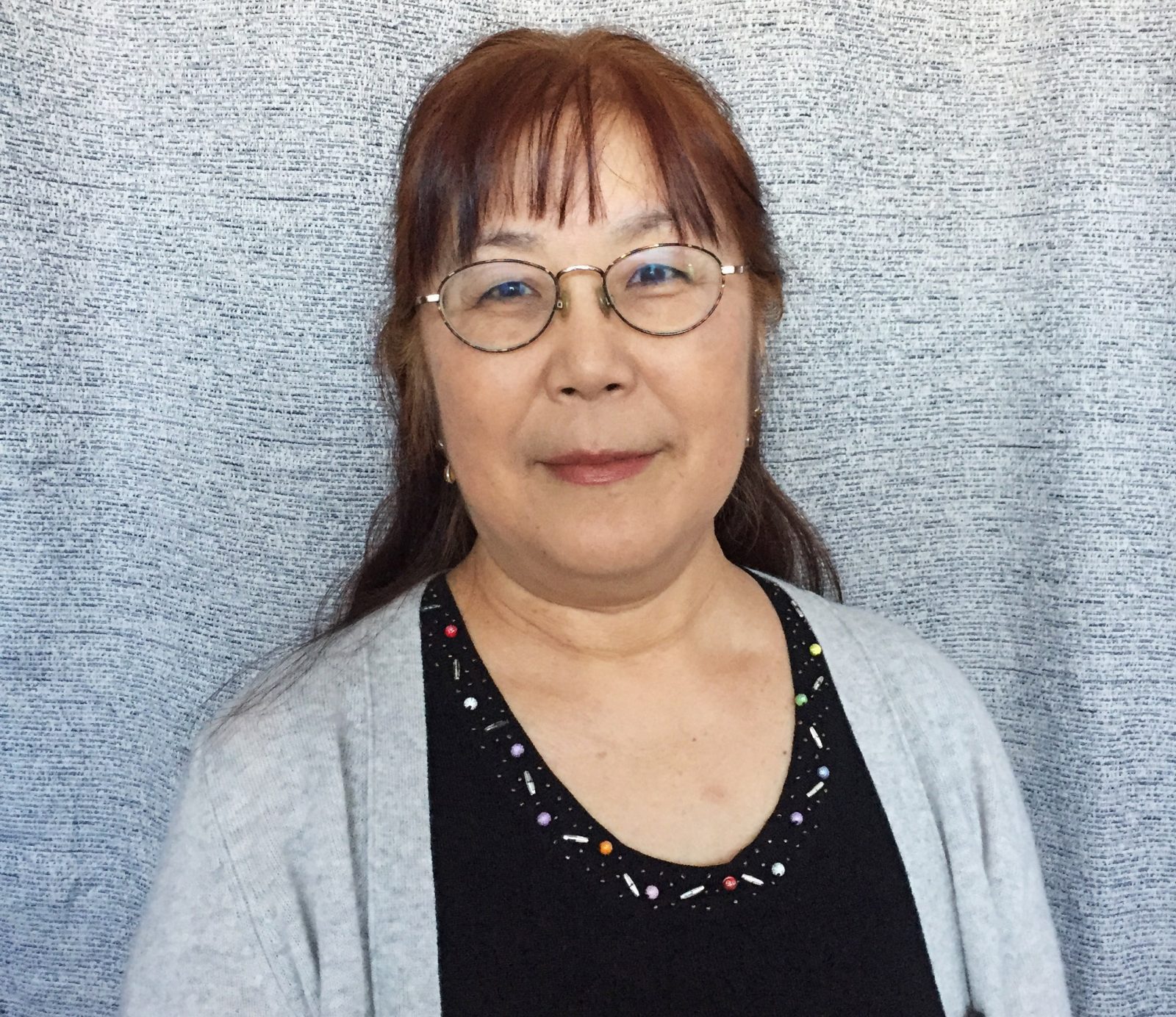
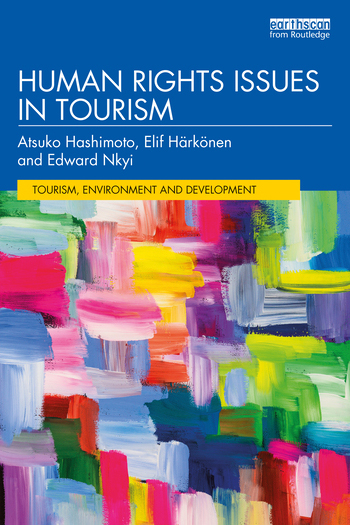

 Dr. Phillip Mackintosh has published a new chapter in the book Micro-Geographies of the City, 1750-1900 titled “Liberalism underfoot: A micro-geography of street paving and social dissolution – Brunswick Avenue, Toronto, Ontario, 1898–99”.
Dr. Phillip Mackintosh has published a new chapter in the book Micro-Geographies of the City, 1750-1900 titled “Liberalism underfoot: A micro-geography of street paving and social dissolution – Brunswick Avenue, Toronto, Ontario, 1898–99”.


